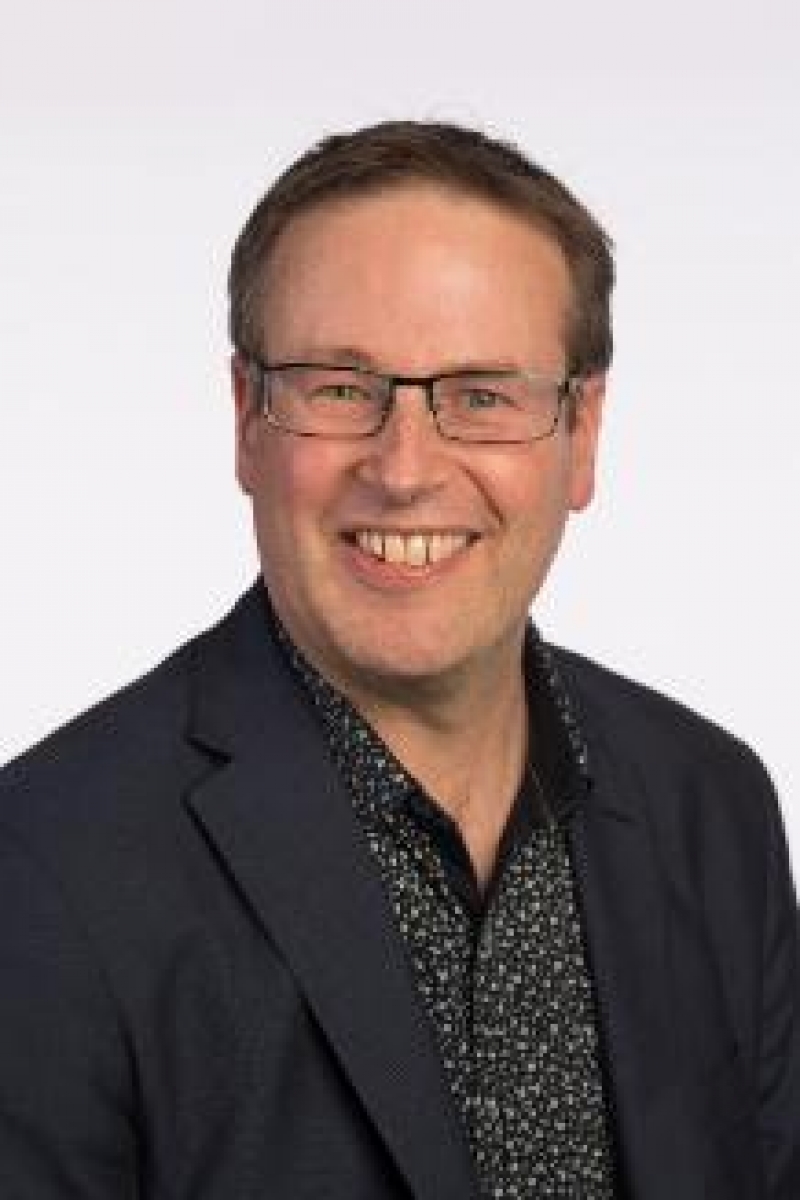KLI Colloquia are invited research talks of about an hour followed by 30 min discussion. The talks are held in English, open to the public, and offered in hybrid format.
Join via Zoom:
https://us02web.zoom.us/j/5881861923?omn=85945744831
Meeting ID: 588 186 1923
Spring-Summer 2026 KLI Colloquium Series
12 March 2026 (Thurs) 3-4:30 PM CET
What Is Biological Modality, and What Has It Got to Do With Psychology?
Carrie Figdor (University of Iowa)
26 March 2026 (Thurs) 3-4:30 PM CET
The Science of an Evolutionary Transition in Humans
Tim Waring (University of Maine)
9 April 2026 (Thurs) 3-4:30 PM CET
Hierarchies and Power in Primatology and Their Populist Appropriation
Rebekka Hufendiek (Ulm University)
16 April 2026 (Thurs) 3-4:30 PM CET
A Metaphysics for Dialectical Biology
Denis Walsh (University of Toronto)
30 April 2026 (Thurs) 3-4:30 PM CET
What's in a Trait? Reconceptualizing Neurodevelopmental Timing by Seizing Insights From Philosophy
Isabella Sarto-Jackson (KLI)
7 May 2026 (Thurs) 3-4:30 PM CET
The Evolutionary Trajectory of Human Hippocampal-Cortical Interactions
Daniel Reznik (Max Planck Society)
21 May 2026 (Thurs) 3-4:30 PM CET
Why Directionality Emerged in Multicellular Differentiation
Somya Mani (KLI)
28 May 2026 (Thurs) 3-4:30 PM CET
The Interplay of Tissue Mechanics and Gene Regulatory Networks in the Evolution of Morphogenesis
James DiFrisco (Francis Crick Institute)
11 June 2026 (Thurs) 3-4:30 PM CET
Brave Genomes: Genome Plasticity in the Face of Environmental Challenge
Silvia Bulgheresi (University of Vienna)
25 June 2026 (Thurs) 3-4:30 PM CET
Anne LeMaitre (KLI)
KLI Colloquia 2014 – 2026
Event Details

Topic description / abstract:
Humanity and the planet are entering a period of major, transformative change in economies, political power, human-environment relationships and technology. Whether for the good or for the bad, transformation of society is, in some way, inevitable. Humanity has therefore no option other than to try and find ways to help steward such transformations towards more equitable and sustainable futures. While science and knowledge have an important role to play in this process, these are arguably failing humanity when its impact is measured against the level of progress being made towards addressing burgeoning global environmental and social crises. For all its brilliant success, science, research and technology have also led to many of the problems to which transformative responses are now needed, including climate change, obesity, smoking, mental health, plastics in the oceans and premature deaths from air pollution. This raises important questions about the kinds of knowledge and learning needed for, and in, a transforming world.
This seminar explores some of these issues, highlighting that, in the world of 21st century challenges in which we find ourselves, nothing can be taken for granted. In effect, we are all apprentices and need to rapidly develop new ways of approaching problems. In relation to knowledge we need to accept we are all apprentices; draw on much more diverse forms of knowledge; develop wisdom about how to act in the world, not just knowledge; and unleash creativity and possibilities. This raises challenges not just for the way knowledge is produced, but also for the systems and structures supporting it. It also requires asking difficult existential questions about who we should be at the end of the world as we know it.
Biographical note:
Ioan Fazey is Professor of the Social Dimensions of Environment and Change at the University of York. He has over 65 research publications in knowledge, learning, resilience, vulnerability, sustainability and how to support societal transformations. His work has included innovative projects on community resilience in the South Pacific and Scotland, co-creative projects to build flood resilient floating homes in Bangladesh, and helping facilitate conversations about how to transform responses to rapidly rising sea levels in Louisiana, USA. He is actively involved in helping support and facilitate emergence of a growing field of research and practice related to Transformations to Sustainability. This includes convening the Transformations Conference Series and being a co-founder of the SDG Transformation Forum. He is also atrustee of H3Uni, an action oriented organisation seeking to promote transformative thinking and capacity for working within a changing world. To find solace from a turbulent world and help him foster inspiration and support he spends time connecting with the non-human world, including with his dog.


